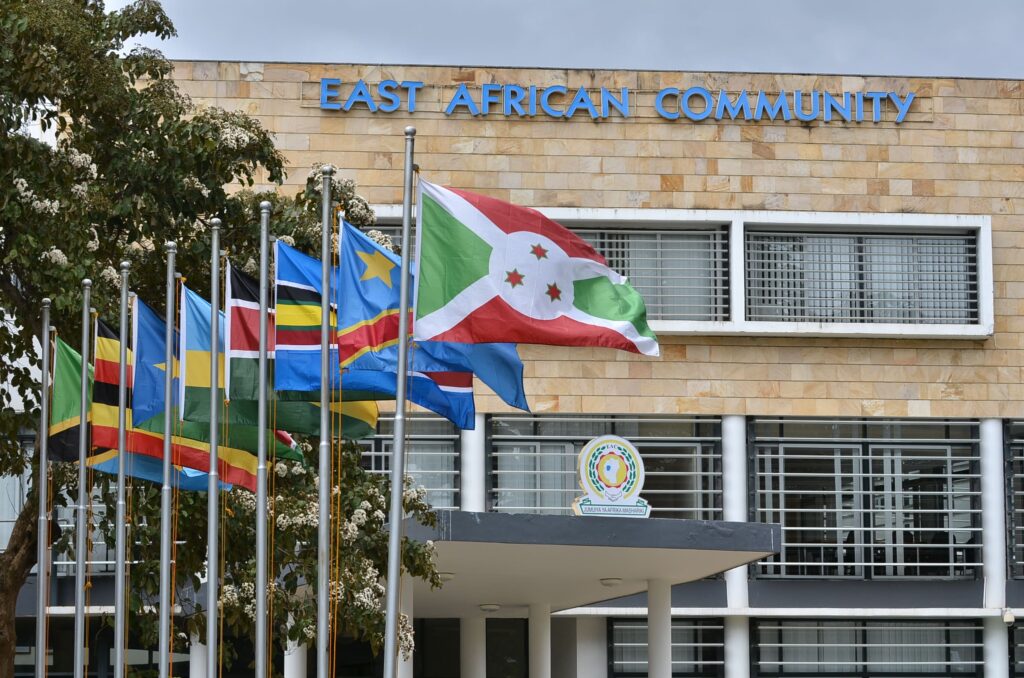
Thursday 13th November 2025

by inAfrika Newsrooom
An instant payments network for East Africa entered a key phase this week as Rwanda and Tanzania began piloting a link between their national retail payment systems, regional officials said. The instant payments network pilot follows a technical meeting in Kigali that brought together central banks, payment operators and regional partners.
Under the scheme, Tanzania’s Instant Payments System will connect with Rwanda’s national switch to support real-time, low-cost transfers between the two countries. As a result, individuals and firms will move money directly in local currencies instead of relying on slow and expensive correspondent chains. In addition, providers will settle transactions in seconds once live operations begin.
Central banks are steering both the design and the risk controls. They are aligning know-your-customer rules, dispute-handling processes and fraud-detection tools so transfers remain safe as well as fast. Moreover, technology partners are building secure API links, shared messaging formats and supervision dashboards that give regulators a real-time view of flows.
For businesses, the potential gains are significant. Small exporters that trade between Kigali and Dar es Salaam often juggle long settlement times and multiple fees when collecting payments. Now the instant payments network should shorten cash-conversion cycles and reduce reliance on cash couriers. Consequently, working-capital management may improve for traders, transporters and service providers.
Migrant workers and families also stand to benefit from the pilot. Today, many cross-border remittances either attract high charges or move informally. With interoperable digital rails in place, licensed providers can offer cheaper, traceable services with clear receipts. In parallel, authorities should gain better visibility on flows, which supports anti-money-laundering and counter-fraud efforts.
The project does face technical challenges. Several banks still run legacy systems that struggle with 24/7 processing and immediate finality. Therefore, the pilot includes capacity-building support so smaller institutions can upgrade core software, cyber-security layers and operational procedures. Meanwhile, regulators are testing back-up plans to keep the network running during outages.
Currency volatility is another concern. Officials are exploring options for regional settlement arrangements that reduce exposure to third-country currencies while managing risk. Furthermore, they intend to publish transparent pricing frameworks so customers can compare charges across providers. Over time, lessons from the pilot may feed into wider discussions on regional payment and settlement platforms.
Fintechs see the instant payments network as a base layer for innovation. With standardised interfaces in place, they can plug in merchant aggregation, payroll tools and invoice-finance products that work across both markets. In addition, telecom operators can integrate cross-border features into mobile-money apps, especially in rural areas where traditional banking access remains limited.
If the Rwanda–Tanzania pilot proves stable and secure, the EAC plans to extend the instant payments network to Kenya, Uganda, Burundi, South Sudan and the DRC. That expansion would create interoperable rails covering more than 300 million people. For the bloc, the test is whether digital infrastructure can lower costs and support trade faster than old barriers return.


